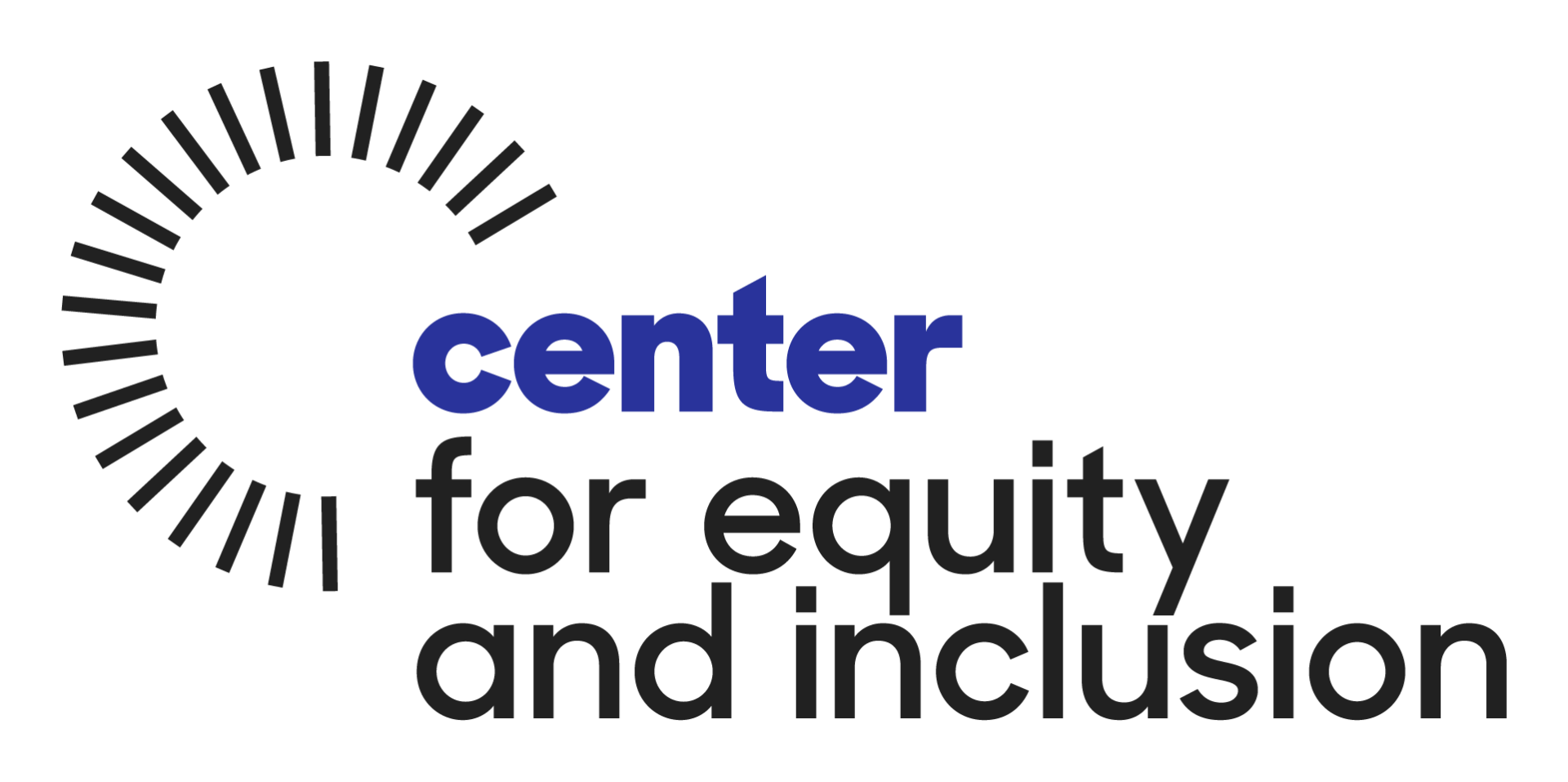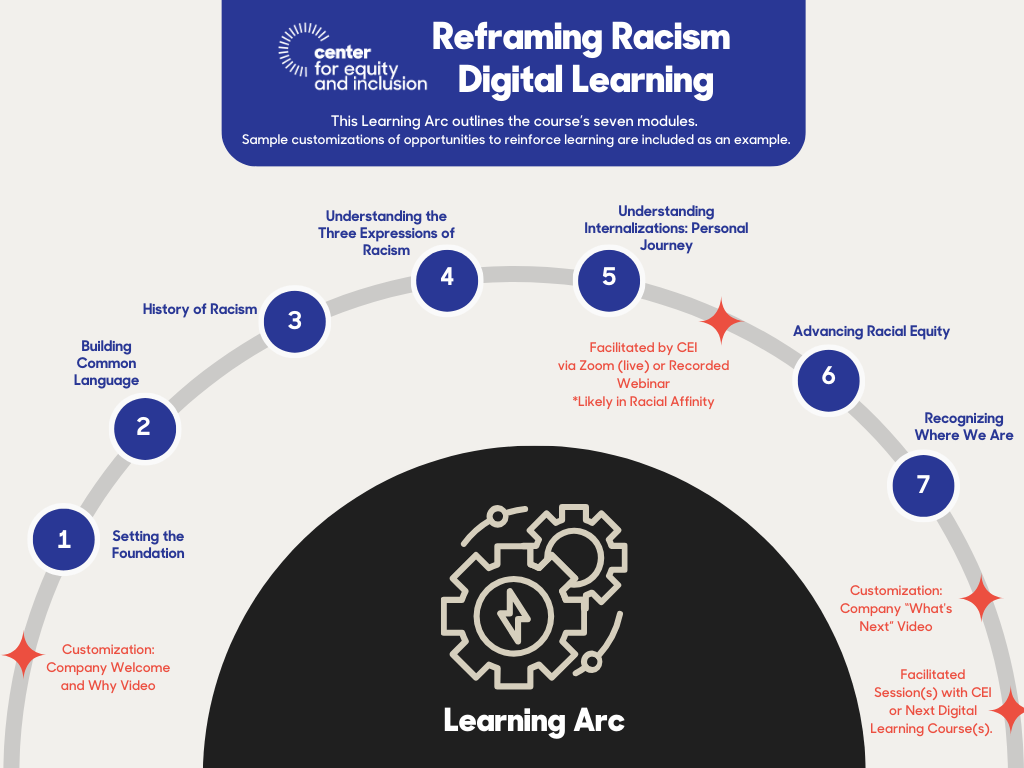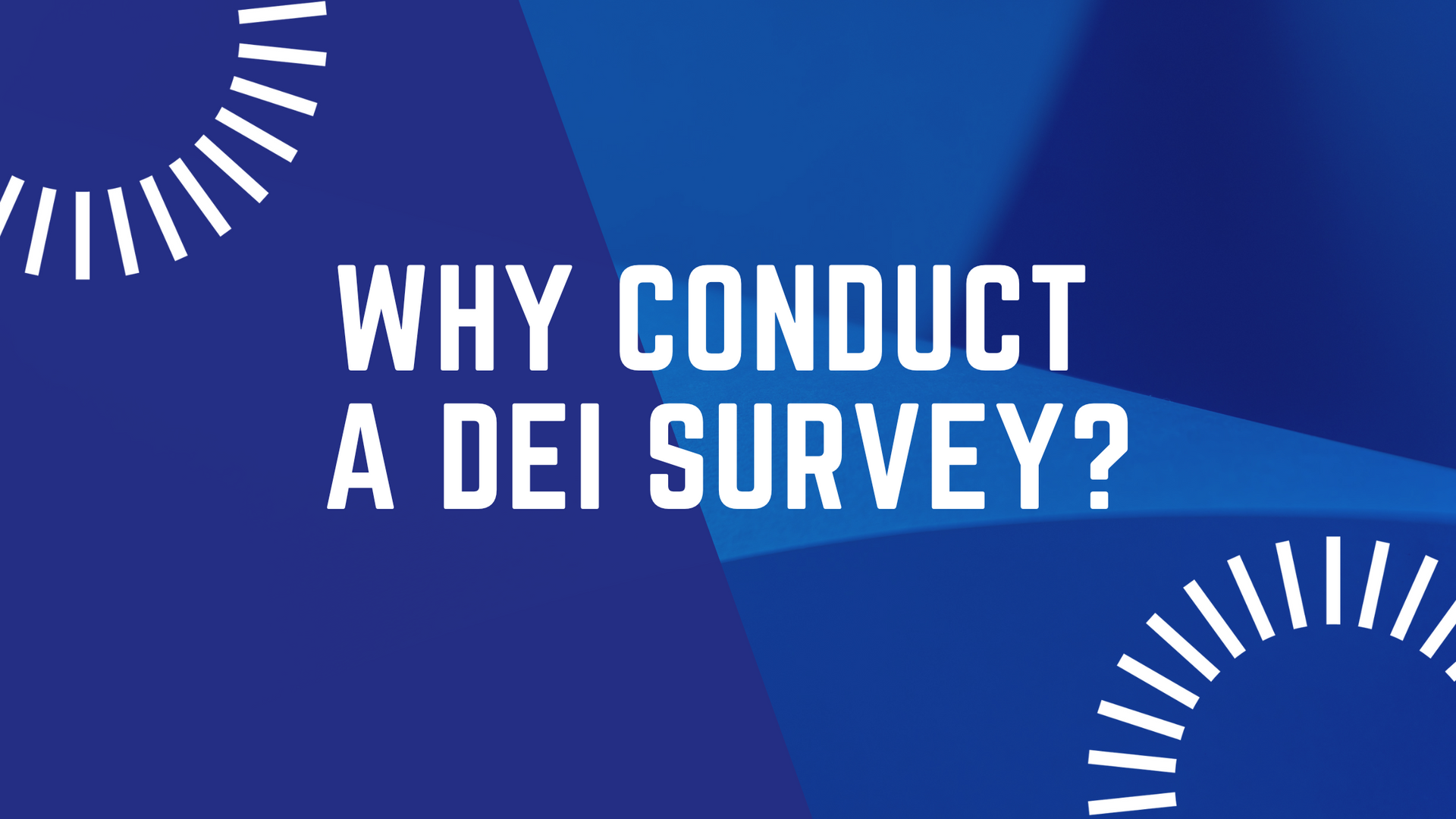By Matt LaVine
The Emotional Impact of DEI Work
Diversity, Equity, and Inclusion (DEI) work, especially race equity work like ours at the Center for Equity & Inclusion, can evoke strong emotions for many people. For some, DEI is seen as crucial for improving their communities and organizations. For others, it’s viewed as harmful. Even the terms ‘diversity,’ ‘equity,’ and ‘inclusion’ can provoke intense reactions. For example, hearing the word ‘equity’ instead of ‘equality’ often signals to marginalized groups, particularly BIPOC (Black, Indigenous, and People of Color), that their lived experiences and historical realities that their communities have faced will be acknowledged. This can make them feel seen in ways they often aren’t in their organizations. However, some organizations, like the Society for Human Resource Management (SHRM), have decided to stop using the word ‘equity,’ stating that its supposedly unclear definition can be a distraction.
The Long-Standing Debate on DEI
The divide in how people react to DEI isn’t new. For decades, discussions about ‘wokeness,’ ‘affirmative action,’ ‘multiculturalism,’ and ‘political correctness’ have highlighted these differences. At the Center, we’ve noticed that these reactions aren’t just about political views, personal experiences, or cultural values. A significant factor is also how DEI work is facilitated. Facilitators' skills and approaches can greatly influence participants' experiences and feelings about DEI. When facilitators create a container for open and courageous learning, people tend to have positive feelings about DEI. But when this doesn’t happen, DEI work often fails to bring about the transformative change it aims for, leaving people with negative impressions.
The Importance of Effective Facilitation
Understanding the role of facilitation in shaping people’s experiences with DEI is crucial for practitioners and participants. For DEI practitioners, it helps us navigate the dynamics in the room and approach challenges with the wisdom that, as James Baldwin said,
“Not everything that is faced can be changed, but nothing can be changed until it is faced.”
This awareness can also prevent participants from overgeneralizing. It’s important to remember that how you feel in one DEI space doesn’t necessarily reflect your feelings about DEI work as a whole. Understanding facilitators' challenges—intellectually, emotionally, socially, and physically—can also encourage participants to approach DEI spaces with empathy and patience.
Creating Conditions for Change
From our experience at the Center, participants in race equity work— even those who are hesitant or resistant—tend to have the best experiences when facilitators focus on building a courageous learning community. This means being committed to creating the right conditions for change rather than trying to force others to change. Race equity facilitators and practitioners are often tasked with an overwhelming responsibility. We’re asked to educate people about the social construct of race, its history, and how racism manifests in our organizations today. We’re also expected to lead efforts to address these inequities and hold organizations accountable for measurable improvements around DEI. However, it’s crucial to understand that facilitators are not responsible for creating these changes in others. For equity work to lead to sustainable, transformative change, organizations must take responsibility for making these changes themselves. Facilitators are there to create the conditions where others are willing and likely to embrace that change. As Ruth King, one of the inspirations for our approach to facilitation at the Center, says:
"Its not our work to force someone's growth to our liking. It's the work of love to admire the beauty before you,
to give people a sense of safety to unfold. To keep each other company when drowning in anguish
until the wave can balance out and our feelings can once again live in us."
The Necessity of Courage in Race Equity Work
Central to creating these conditions is establishing a set of agreements for how we will engage with each other in race equity work. Building on the work of Glenn Singleton and the Pacific Education Group, our facilitators focus on six key agreements:
- Stay engaged – Stay actively committed to the process and conversations.
- Experience discomfort – Be willing to do things differently and sit with discomfort.
- Speak your truth – Share your experiences and perspectives honestly.
- Expect and accept non-closure – Understand that DEI work is ongoing and doesn’t have quick resolutions.
- Listen for understanding – Focus on truly understanding others' experiences and viewpoints.
- Maintain confidentiality – Protect the privacy of those involved in DEI work.
One of these agreements, “Be willing to do things differently and experience discomfort,” is particularly significant. This reflects the reality that discussions about race and racism often trigger deep discomfort. Facilitators must create spaces where this discomfort can be processed mindfully. This involves recognizing that the appropriate starting point for race equity work is asking how, not if, racism has impacted us, our communities, and our organizations. The process of sitting with and processing this discomfort requires courage—the ability to face what frightens us. In a country where the official rhetoric is liberty and justice for all, but the reality includes systemic racism, discussions that push beyond the rhetoric to confront reality can be deeply unsettling. Providing a new frame for this experience, like that from Ijeoma Oluo, can be very helpful.
"The beauty of anti-racism is that you don't have to pretend to be free from racism to be an anti-racist.
Anti-racism is a commitment to fight racism wherever you find it, including in yourself. And it's the only way forward."
Facilitators must create courageous spaces where participants feel supported in their discomfort, allowing for meaningful self-awareness and reflection. This approach intentionally moves away from the language of “safe spaces,” acknowledging that for BIPOC, safety is sadly not something facilitators can guarantee, and, for white folx, they all too often interpret discomfort as unsafe. Instead, we focus on creating spaces where courage is nurtured.
The Power of Communal Learning
Finally, it’s essential to approach race equity work as a communal effort. White supremacy culture often emphasizes individualism, but race equity work requires a collective approach. Learning and change are communal activities; they involve sharing experiences, telling stories, providing feedback, and supporting one another. Courage also thrives in a community. A supportive community can help participants process the discomfort that arises in discussions about racism, leading to growth and transformation. Here, we take the lead of another facilitator whose work inspires ours, the somatic abolitionist Resmaa Menakem. In his groundbreaking work, My Grandmother’s Hands: Racialized Trauma and the Pathway to Mending our Hearts and Bodies, Menakem says:
" The deadliest manifestation of white fragility is it's reflexive confusion of fear with danger
and comfort with safety. When a white body feels frightened by the presence of a Black one
- whether or not an actual threat exists -
it may lash out at the Black body in what it senses as necessary self-protection."
Black folx (and other folx of color) deserve a community where this reality can be processed and white folx need a community where these reflexive confusions can be disrupted.
At the Center, we advocate for communal learning and support, recognizing that great facilitation involves creating conditions where participants can support each other in their courageous journey.
Join our week-long Facilitator Intensive designed for practitioners eager to refine their facilitation skills. Led by the Center's Co-Founder, Hanif Fazal, this course offers hands-on practice and feedback on techniques such as using storytelling for connection, navigating personal and group resistance, and creating racial affinity spaces. Enhance your ability to foster thought-provoking learning environments and drive impactful conversations with a race equity lens.
Sign up for our upcoming DEI Facilitation Trainings this September 2024!
contact us
We will get back to you as soon as possible.
Please try again later.
All Rights Reserved - Center for Equity and Inclusion
Center for Equity and Inclusion : 1801 NE Alberta St, Portland, OR 97211, USA | Phone : 503 451 3003



